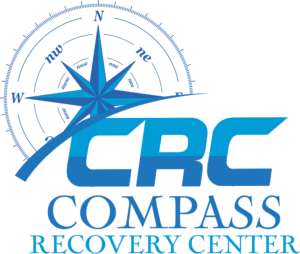Control is a contentious word when it comes to recovery. Often, a perceived lack of control contributes to our depression, frustration, failing mental health, and addictive behavior. Grasping blindly for control can become self-injurous. By empowering ourselves, we can fight our need to control everything by controlling what we can.
What is Self-empowerment?
Self-empowerment is any activity that restores a sense of control, purpose, or self-determination. Empowerment revolves around having the confidence and energy to set goals, take action, and better ourselves.
How to Practice Self-empowerment
What are some simple, daily activities that you can do to help restore your confidence and self-determination?
1. Set goals
It might not seem like a particularly big deal, but those suffering from addiction find themselves locked in a state of inaction, doing only what they know and what is comfortable.
People often miss the mark when it comes to goal setting. The very phrase compels you to shoot for the moon. A typical goal might be to earn enough money to never have to work again. There’s nothing wrong with setting a lofty goal, but you have to learn to crawl before you can walk. To feel true self-empowerment, set simple and achievable goals.
“Today I will clean the house.”
“Today I will clean my room.”
“Today I will get out of bed.”
Set yourself up for success. No matter how small and trivial it might seem, set a goal you can accomplish.
2. Take action
Without action, a goal is only words. Get up. Move. Exercise if you have the energy and the willpower. Just don’t stay sedentary.
If we allow ourselves to stay still, to not reach for our goals no matter how minuscule they are, we allow depression, anxiety, and frustration to creep in and feed on us. This robs us of any self-efficacy and can endanger our progress to recovery.
3. Practice your beliefs
No matter how much we might want to, we can’t control everything. No one can. That’s why we need things to believe in, convictions that remain intact no matter what we are going through.
Religion. Philosophy. Kindness and hope.
Take a moment to explore and foster your beliefs and reaffirm something bigger than yourself. This simple exercise can bolster your own self-determination by reinforcing the things you actually do have control over.
4. Take time to do something you are good at
Setting and achieving goals is an essential exercise for recovery. It helps us break free from the entropy that holds us in place, married to our bad decisions. It’s also useful to spend time pursuing a hobby, something you’re good at where you can experience success. Build the day-to-day confidence necessary to strengthen your own self-worth and determination.
Find Something That Works for You
Yes, self-empowerment is highly subjective. No one strategy will work for everyone. The good news is there are a million different things you can do to boost yourself, from simply taking a walk in the fresh air, to committing yourself to a structured therapy program. Only you know what your guiding star is. Finding it is the first step in self-empowerment.

